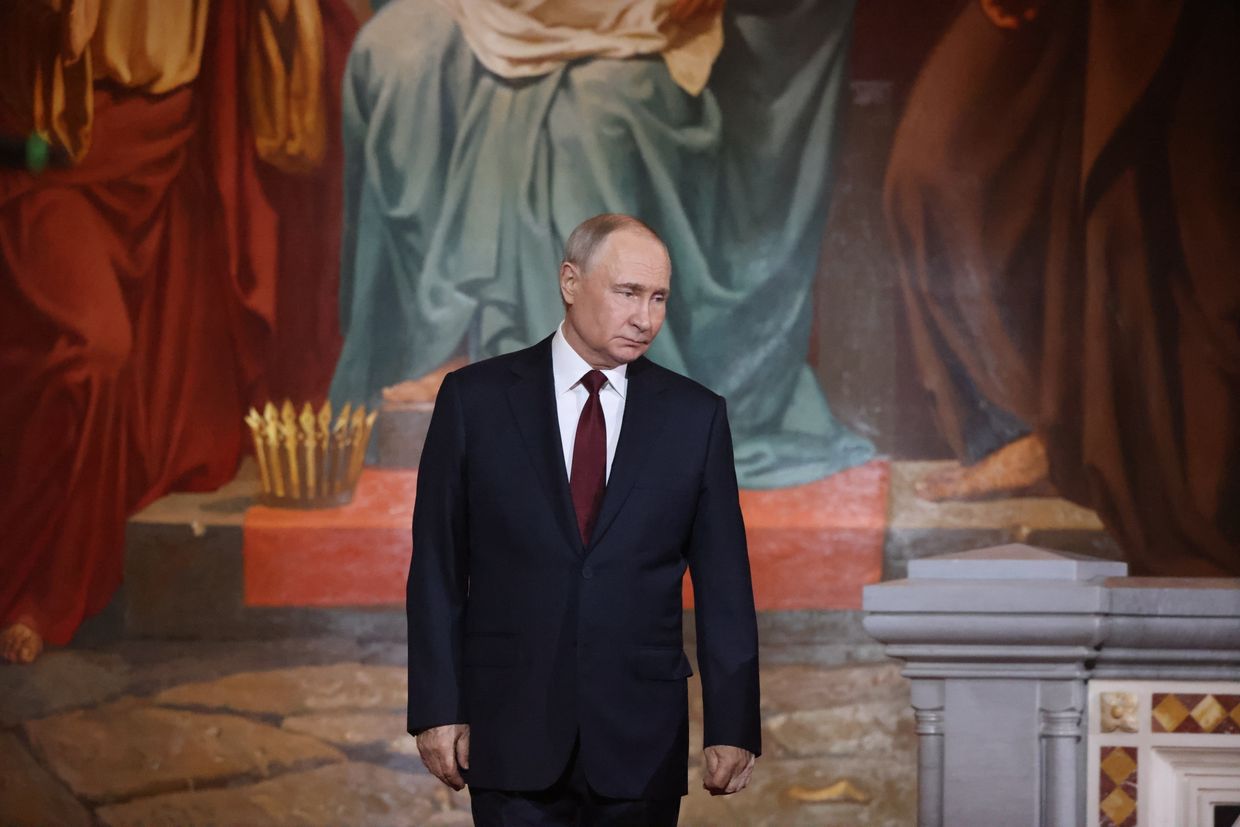France, Belgium wary of EU's plan to halt Russian LNG imports by 2027

France and Belgium are not ready to accept the European Commission's latest proposal to phase out Russian liquefied natural gas (LNG), calling for additional assurances, Politico reported on June 3.
The two nations, the largest EU importers of Russian LNG, argue they need stronger legal and economic guarantees before committing to the plan. Russia's energy exports remain a major source of revenue for the Kremlin's military campaign against Ukraine.
The Commission's proposal, unveiled on May 6, outlines a roadmap to end the bloc's dependence on Russian fossil fuels — gas, oil, and nuclear — by 2027.
Although the EU has slashed its reliance on Russian gas from 45% in 2021 to 19% in early 2025, several key member states remain cautious about cutting LNG ties entirely.
French Energy Minister Marc Ferracci told Politico that Paris supports diversification but prefers to prioritize securing replacement supplies.
France has been sourcing alternative LNG from Qatar and other suppliers, but it remains bound to long-term contracts with Russian firms.
"The stock of existing contracts… needs to be legally protected," Ferracci said.
France's TotalEnergies, which owns a 20% stake in the Yamal LNG project in Siberia, has a supply contract with Russia's Novatek valid through 2032.
Belgium, Europe's second-largest Russian LNG customer, is seeking an "in-depth impact assessment" before backing the Commission's plan.
Belgian Energy Minister Mathieu Bihet said Brussels must evaluate how ending imports would affect its LNG terminals and storage infrastructure, which are expected to handle Russian shipments until 2035.
The cautious stance by France and Belgium diverges from that of Spain and the Netherlands, who have both expressed readiness to endorse the Commission's strategy.
Ukrainian officials and civil society groups have consistently urged the EU to cut these financial lifelines, pointing to the ongoing Russian attacks and occupation.
The Commission's proposed cutoff forms part of a broader push to safeguard European energy sovereignty and reinforce the EU's sanctions architecture. The internal divisions among member states risk delaying implementation.












